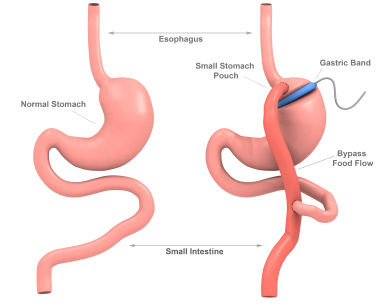I recently finished an ebook, The Heart Healthy Lifestyle: The Prevention and Treatment of Type 2 Diabetes by Sean Preuss, published in 2013. Per Amazon.com’s rating system, I give it five stars (I love it).
♦ ♦ ♦
This is an invaluable resource for 1) anyone recently diagnosed with type 2 diabetes or prediabetes, 2) those who aren’t responding well to their current therapeutic regimen, and 3) type 2 diabetics who want to reduce their drug use.

Strength Training Helps Get Excess Blood Sugar Out of Circulation
Mr. Preuss is a fitness trainer who has worked with many type 2 diabetics. He demonstrates great familiarity with the issues diabetics face on a daily basis. His science-based recommendations are familiar to me since I reviewed many of his references at on of my other blogs, Diabetic Mediterranean Diet.
Like me, Mr. Preuss recognizes the primacy of lifestyle modification over drug therapy for type 2 diabetes, as long as drugs can safely be avoided or postponed. The main lifestyle factors are diet and exercise. Too many physicians don’t spend enough time on these, preferring instead to whip out the prescription pad and say, “Here ya go. I’ll see you in three months.”
I have gradually come to realize that most of my sedentary type 2 diabetes patients need to start a work-out program in a gym where they can get some personal attention. That’s Mr. Preuss’s opinion, too. The clearly explained strength training program he recommends utilizes machines most commonly found in a gym, although some home gyms will have them also. His regimen is easily done in 15-20 minute sessions two or three times a week.
He also recommends aerobic activity, such as walking at least several days a week. He recommends a minimum of 113 minutes a week of low intensity aerobic work, citing evidence that it’s more effective than higher intensity effort for improving insulin sensitivity.
I don’t recall specific mention of High Intensity Interval Training. HIIT holds great promise for delivering the benefits of aerobic exercise in only a quarter of the time devoted to lower intensity aerobics. It may be that it just hasn’t been studied in type 2 diabetics yet.
I was glad to see all of Mr. Preuss’s scientific references involved humans, particularly those with type 2 diabetes. No mouse studies here!
Another strength of the book is that Sean tells you how to use psychological tricks to make the necessary lifestyle changes.
The author notes that vinegar can help control blood sugars. He suggests, if you can tolerate it, drinking straight (undiluted) red wine vinegar or apple cider vinegar – 2 tbsp at bedtime or before carbohydrate consumption. I’ve heard rumors that this could be harmful to teeth, so I’d do some research or ask my dentist before drinking straight vinegar regularly. For all I know, it could be perfectly harmless. If you have a definitive answer, please share in the comments section below.
I read a pertinent vinegar study out of the University of Arizona from 2010 and reviewed it at one of my blogs. The most effective dose of vinegar was 10 g (about two teaspoons or 10 ml) of 5% acetic acid vinegar (either Heinz apple cider vinegar or Star Fine Foods raspberry vinegar). This equates to two tablespoons of vinaigrette dressing (two parts oil/1 part vinegar) as might be used on a salad. The study authors also say that “…two teaspoons of vinegar could be consumed palatably in hot tea with lemon at mealtime.”
The diet advice herein focuses on replacement of a portion of carbohydrates with proteins, healthy oils, and vegetables.
I highly recommend this book. And sign up for Mr. Preuss’s related tweets at @HeartHealthyTw.
Steve Parker, M.D.
Disclosure: Mr. Preuss gave me a free copy of the book, otherwise I have received no monetary compensation for this review. I met him once, about two years ago.















